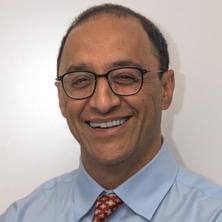Therapeutic potential of glycine receptors in pain sensory pathways (2007-2009)
Abstract
Inflammation caused by infection or injury leads to a heightened sensation of pain and can convert non-painful stimuli (e.g., touch) into painful stimuli. This effect is mediated by the production of prostaglandins both in peripheral tissues and in the spinal cord. Prostaglandins have recently been shown to decrease the magnitude of the inhibitory neurotransmission that normally occurs onto pain sensing neurons in the spinal cord. This has the effect of raising the excitability of these neurons, thereby making it easier for weak pain stimuli to be relayed to the brain. Inhibitory neurotransmission onto pain sensing neurons is largely mediated by the alpha3 glycine receptor subunit that is not found anywhere else in the body. Very little is known about the physiological and pharmacological properties of these receptors. We hypothesise that drugs that increase the activation of alpha3 glycine receptors may provide a novel treatment for pain. This project will firstly identify new drugs that can increase the activation of these receptors. It will then test whether these drugs are likely to work in vivo. The project will also establish why these receptors are found only on pain neurons. Together, this information will establish whether alpha3 glycine receptors represent a promising new therapeutic target for inflammatory pain, and will place us in an excellent position to begin the next step of identifying novel therapeutic lead compounds.

